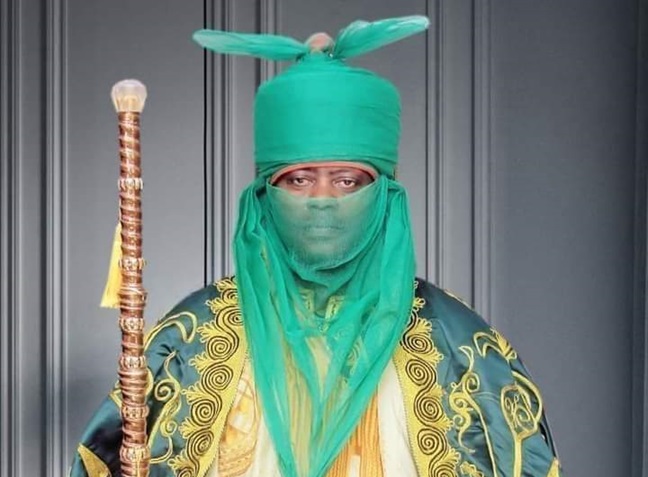The Nigerian Electricity Regulatory Commission, NERC, has revealed regulations on the procedure for tariff reviews, following the recent purported electricity tariff hike.
NERC Chairman, Sanusi Garba, stated that in pursuant to the provisions of the Electricity Act 2023, the Commission is obligated to review and approve tariff to allow licensees to recover prudent costs and reasonable return on capital invested in the business for the provision of electricity services.
It stated that Section 116(1) of the Act provides that activities in the generation, transmission, distribution, trading, supply, system operation, and electricity distribution franchising shall be subject to tariff regulation, saying Section 116(2) further provides for the Commission to develop a tariff methodology that allows licensees operating efficiently to recover the full efficient costs of their business activities, plus a reasonable return on investments by shareholders.
“In exercise of the powers conferred in Section 116 of the Act, the Commission has developed and adopted the Multi-Year Tariff Order Methodology as an incentive-based price regulation framework for the determination and projection of tariffs payable in the Nigerian Electricity Supply Industry.”
NERC stressed that the Multi-Year Tariff Order methodology provides for a major review of electricity tariffs every five years, during which all tariff assumptions are reviewed to ensure the industry’s viability and efficiency.
One year before the major tariff hike, the Commission said it would issue a notice to all licensees about its intention while requesting them to submit applications for the review of tariffs supported with necessary documentation within 120 days of the notice.
An initial review of the applications shall be completed and a consultation paper developed no later than 90 days after the deadline for the submission of the applications.
“The consultation paper developed by the commission shall outline the basis for the tariff review applications by the licensees including their proposals on capital investments, service improvements, new connections, loss reductions, reset of tariff assumptions if any, and possible impact on rates payable by the affected customers.
Upon due consideration of the outcomes of the general stakeholders’ presentation and the Rate Case Hearing, the Commission shall consider and approve a Major Tariff Review Order within 30 days from the date of the Rate Case Hearing held at the Commission.
The Commission also stated that it may, at its discretion, conduct a minor review of end-user tariffs at other short periods but no longer than six months.
The Special Adviser to President Bola Tinubu on Energy, Olu Verheijen, has said there would be an electricity tariff review in a few months, as the current N200bn monthly electricity subsidy benefits only the wealthiest 25 per cent, leaving the poor masses in the dark; hence the government would put in place a subsidy system that works for the masses.







